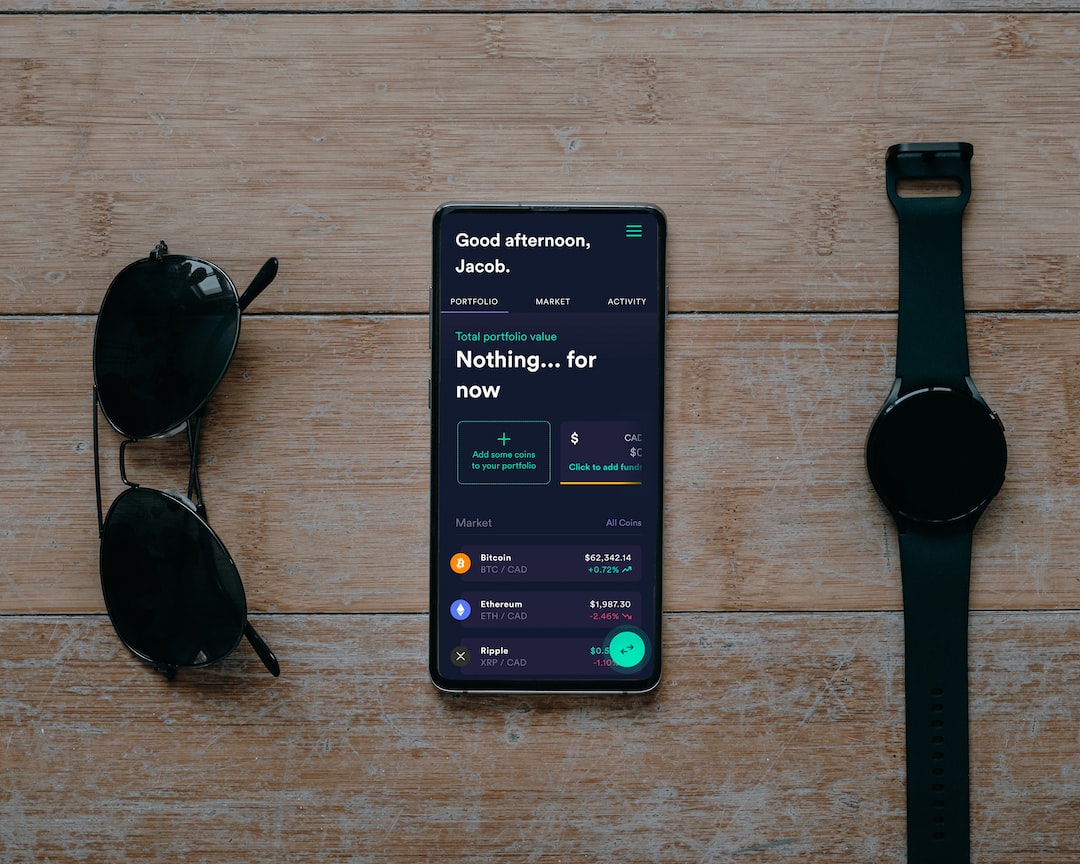Recently, the Bank for International Settlements (BIS) developed a system to assist central banks in analyzing Bitcoin trading transactions. This platform will collect data from both blockchain and non-blockchain trading operations. A pilot consortium of central banks will test the use of this platform to track Bitcoin trading activity in different regions.
The BIS aims to address the challenges of Bitcoin trading globally by providing authorities with a clearer view of how, when, and where cryptocurrency is being used. The monitoring system, known as “Atlas,” was initiated five years ago at the Dutch Central Bank and has since been affected by events in the cryptocurrency ecosystem.
The monitoring system is a proof of concept that relies on collecting data from transactions made on and off the blockchain. It allows central banks to obtain detailed information about cryptocurrency activities in different regions. However, accurately identifying transaction data can be complex due to the anonymous nature of cryptocurrency transactions.
Central banks are accelerating efforts to oversee activities in the cryptocurrency sector as cryptocurrencies become more relevant. Many central banks have announced plans to launch their own central bank digital currencies (CBDCs) using blockchain technology.
In other news, El Salvador has inaugurated its first Bitcoin mining pool called Lava Pool. The mining pool aims to decentralize Bitcoin mining operations and take advantage of El Salvador’s clear regulatory framework. It strives to become a convenient choice for small miners and is being developed in partnership with Luxor Technologies.
Luxor, one of the top ten mining pools worldwide, will receive a nominal fee for managing Lava Pool while offering reduced mining fees in return. Volcano Energy is currently building BTC mining facilities in El Salvador’s Santa Ana region, using renewable energy sources like wind and solar power. The project is expected to generate 241 MW of renewable energy and provide affordable energy to local communities.
Hot Take: Central Banks Implement Monitoring Systems for Bitcoin Trading Activity
As cryptocurrencies continue to gain relevance, central banks are taking steps to monitor and regulate activities within the sector. The Bank for International Settlements (BIS) has developed a monitoring system called “Atlas” to provide authorities with detailed information about Bitcoin trading globally. This system collects data from both blockchain and non-blockchain transactions, allowing central banks to track cryptocurrency activities in different regions. However, accurately identifying transaction data remains a challenge due to the anonymous nature of cryptocurrency transactions. Meanwhile, El Salvador is making progress in the crypto world by inaugurating its first Bitcoin mining pool, Lava Pool. The mining pool aims to decentralize operations and take advantage of the country’s regulatory clarity. With these developments, it is clear that central banks are actively engaging with cryptocurrencies and implementing measures to ensure oversight and regulation in this rapidly growing sector.





 By
By
 By
By
 By
By

 By
By
 By
By